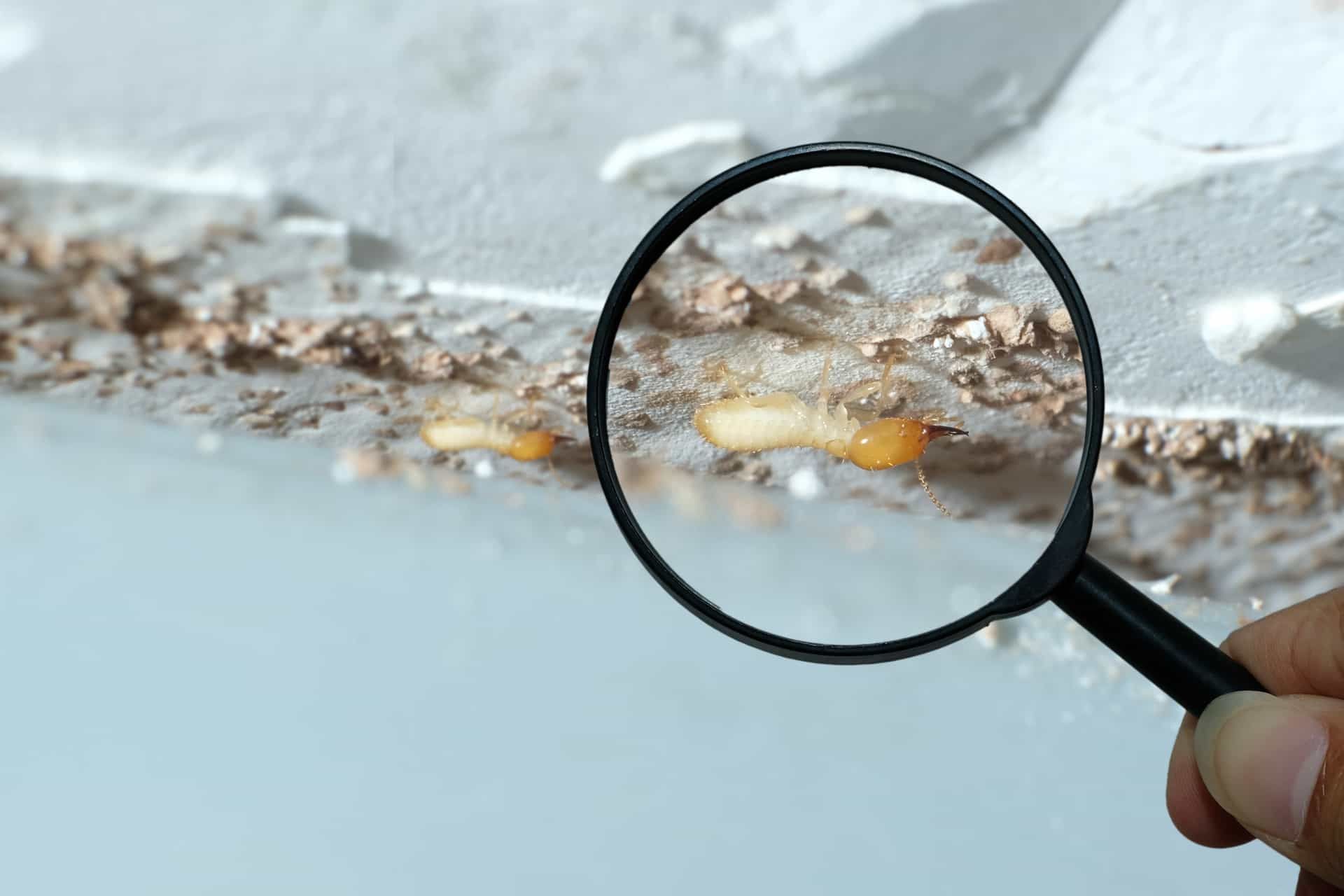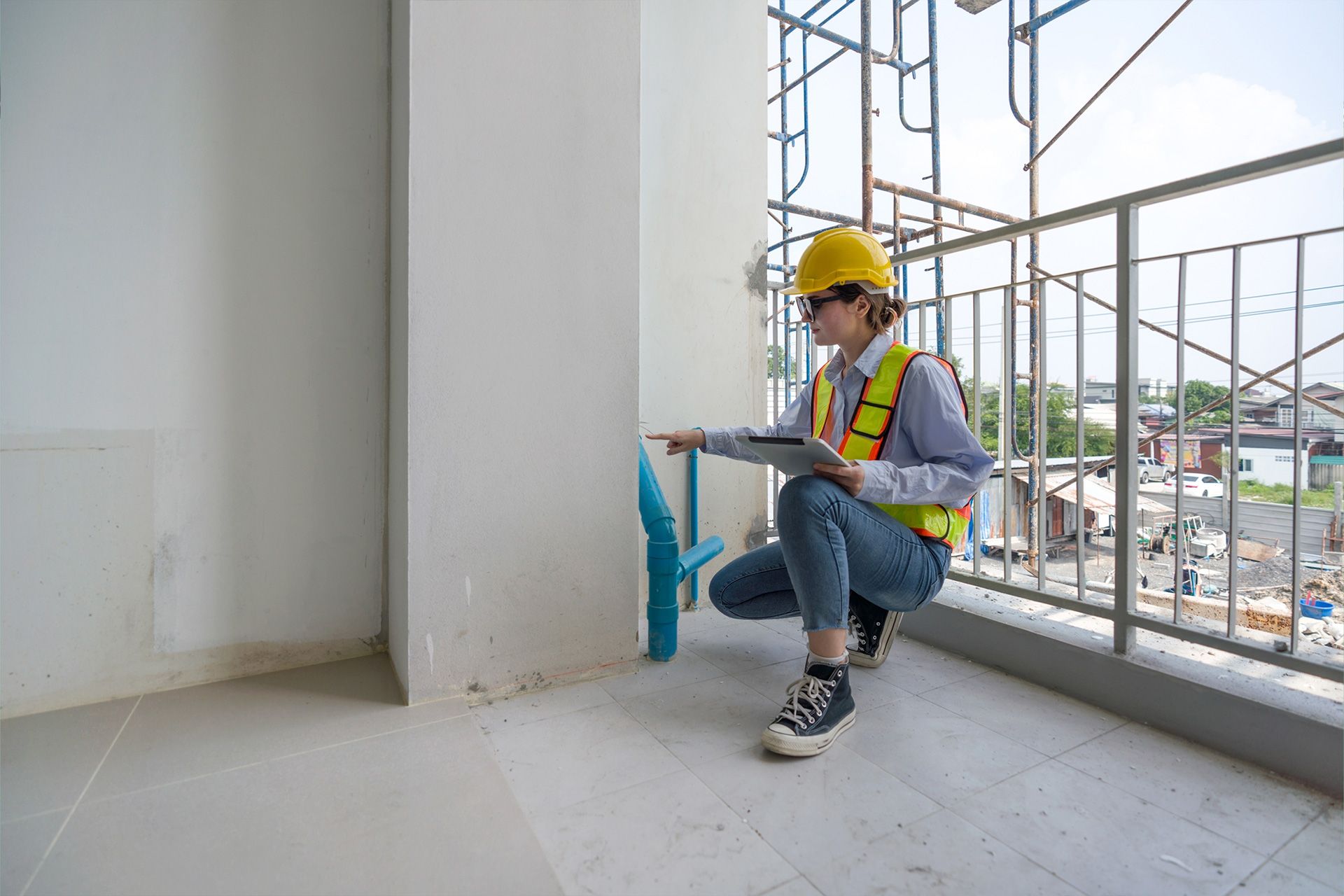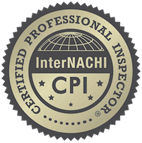Can I Refuse a Home Insurance Inspection?
When you buy home insurance, it's typical for the insurance company to inspect your property. This inspection is done to help the insurer understand the risks associated with your home and determine the coverage and premium rates. However, some homeowners may need clarification on whether to decline a home insurance inspection. In this article, we will delve into the consequences of refusing a home insurance inspection, why insurers find these inspections necessary, and what factors you should weigh before making a choice.
Why Do Insurance Companies Conduct Home Inspections?
Home insurance inspections play a vital role for insurance providers for the following reasons:
1. Risk Evaluation
Insurers need to assess the risks linked to insuring your home. Through an inspection, they can pinpoint any dangers or problems that might result in claims, like issues with outdated electrical systems or inadequate upkeep.
2. Accurate Property Valuation
An inspection guarantees the insurance company has a picture of your home value. This involves evaluating the property's condition, size, and any distinctive characteristics that could impact its replacement cost.
3. Fraud Prevention
Inspections serve as a deterrent against fraud by confirming the accuracy of information homeowners provide. This verification ensures that all details concerning the property condition and features are precise, reducing the chances of claims.
4. Customizing Policies
After reviewing the findings, insurance providers can personalize your policy to suit your requirements. This could involve suggesting coverage for risks or providing discounts for well-maintained properties.
Can I Decline a Home Insurance Inspection?
While declining a home insurance inspection is technically possible, doing so may lead to repercussions. Here are some potential outcomes of rejecting an inspection:
1. Policy Rejection
If you decline the inspection, the insurance company could reject your policy application entirely. Insurers use inspections to evaluate risk; with this information, they may be willing to offer coverage.
2. Higher Premiums
In some instances, an insurer may still provide coverage at a higher premium if an inspection is declined. Without an inspection, the insurer might assume risk. Charge more to offset the lack of information.
3. Restricted Coverage
Declining an inspection might lead to coverage or exclusions for types of claims. The insurer might exclude risks that can only be assessed with an inspection, resulting in coverage gaps.
4. Policy Termination
If you currently hold a policy and refuse a requested inspection, the insurance company could decide to cancel your coverage.
Most home insurance policies have clauses that permit the insurance company to terminate the policy if the homeowner fails to comply with inspection requests.
5. Absence of Discounts
Insurance providers offer discounts for maintained homes or those with specific safety features. By declining an inspection, you may overlook savings opportunities.
Reasons to Consider Allowing the Inspection
Permitting a
home insurance inspection can benefit you and the insurer. Below are some reasons why you should contemplate allowing the inspection:
1. Ensuring Sufficient Coverage
An inspection guarantees that your home is adequately covered. The insurer can pinpoint areas where additional coverage might be necessary, such as for possessions or specific risks like flooding or earthquakes.
2. Potential Savings
As previously mentioned, inspections could make you eligible for premium discounts. Properties with updated systems, safety features, or minimal issues often receive premiums.
3. Identifying Maintenance Needs
An inspection can reveal maintenance issues that may have gone unnoticed by you. Proactively addressing these problems can prevent repairs in the future and maintain your home condition.
4. Peace of Mind
Allowing an inspection offers peace of mind by ensuring your home is well protected. Rest assured that your insurance policy reflects the value and condition of your property.
What to Anticipate During a Home Insurance Inspection
Knowing what to expect during a home insurance inspection can alleviate any worries. Here are some typical aspects of the inspection procedure;
1. Exterior Assessment
The inspector will evaluate the outside of your house, checking the roof, siding, windows, doors, and foundation for any damage signs of wear and tear or potential risks.
2. Interior Evaluation
The inspector will inspect your home's plumbing, electrical systems, HVAC (heating, ventilation, and air conditioning), and general upkeep. They may also verify the presence of smoke detectors, fire extinguishers, and other safety measures.
3. Documentation Process
The inspector will record their observations using notes and photographs. This documentation assists the insurance company in evaluating your home's risk and worth.
4. Inspection Report
The inspector will compile a report following the assessment containing their findings and suggestions. This report is then submitted to the insurance company for assessment.
How to Get Ready for a Home Insurance Inspection?
Getting ready for a home insurance inspection can facilitate a procedure.
Here are some steps to prepare:
1. Clean and Organize
Ensure your home is neat and organized inside and out. This will make it easier for the inspector to examine every area of your property.
2. Fix-Up
Take care of any maintenance issues before the inspection. Repairing problems, like faucets, cracked windows, or damaged siding, can enhance your home's overall condition.
3. Collect Paperwork
Keep all documents, such as recent receipts for home improvements, maintenance logs, and details about safety features. Having these ready can offer an overview of your home state.
4. Stay Available
Be present during the
inspection to answer queries and provide details. This can ensure that the inspector has all the information.
In Conclusion
While you may be inclined to decline a home insurance inspection, doing so could result in repercussions like rejection, higher premiums, restricted coverage, or even policy termination. Allowing an inspection guarantees coverage and makes you eligible for discounts. It helps spot maintenance issues that could save you money over time.
At
Guardian Angel Inspections in Royal Palm Beach, Florida, we recognize the significance of home inspections. If you're worried about a home insurance inspection in Central or South Florida, we're here to help you prepare your home and ensure it's in top-notch shape.
Contact us now to learn more about what we offer and how we can help you.
Disclaimer: The information on this website and blog is for general informational purposes only and is not professional advice. We make no guarantees of accuracy or completeness. We disclaim all liability for errors, omissions, or reliance on this content. Always consult a qualified professional for specific guidance.
Share this entry







